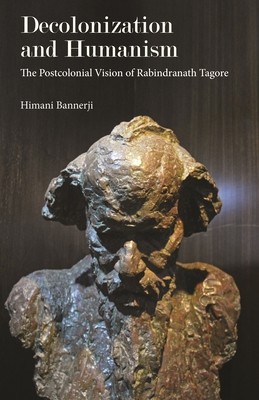
- We will send in 10–14 business days.
- Author: Himani Bannerji
- Publisher: Tulika Books
- ISBN-10: 8195839444
- ISBN-13: 9788195839445
- Format: 16 x 24.4 x 2.3 cm, kieti viršeliai
- Language: English
- SAVE -10% with code: EXTRA
Reviews
Description
This collection challenges the understanding of decolonization and humanism pervasive in post-Foucauldian postcolonial studies, in which the former signifies a positive good with the latter rejected as racializing colonial discourse. This formulation presents an epistemological confusion between the universalism of decolonization and particularism of an anti-humanism from an identitarian segmented perspective. A corrective is offered by exploring Rabindranath Tagore's (1861-1941) thoughts on hegemony and freedom, which he dislocates from the binary paradigm of tradition and modernity, thereby making a distinction between decolonization and cultural/ethnic nationalism. Tagore's writings provide the earliest classical example of anti-colonial critique.
EXTRA 10 % discount with code: EXTRA
The promotion ends in 23d.02:50:31
The discount code is valid when purchasing from 10 €. Discounts do not stack.
- Author: Himani Bannerji
- Publisher: Tulika Books
- ISBN-10: 8195839444
- ISBN-13: 9788195839445
- Format: 16 x 24.4 x 2.3 cm, kieti viršeliai
- Language: English English
This collection challenges the understanding of decolonization and humanism pervasive in post-Foucauldian postcolonial studies, in which the former signifies a positive good with the latter rejected as racializing colonial discourse. This formulation presents an epistemological confusion between the universalism of decolonization and particularism of an anti-humanism from an identitarian segmented perspective. A corrective is offered by exploring Rabindranath Tagore's (1861-1941) thoughts on hegemony and freedom, which he dislocates from the binary paradigm of tradition and modernity, thereby making a distinction between decolonization and cultural/ethnic nationalism. Tagore's writings provide the earliest classical example of anti-colonial critique.


Reviews